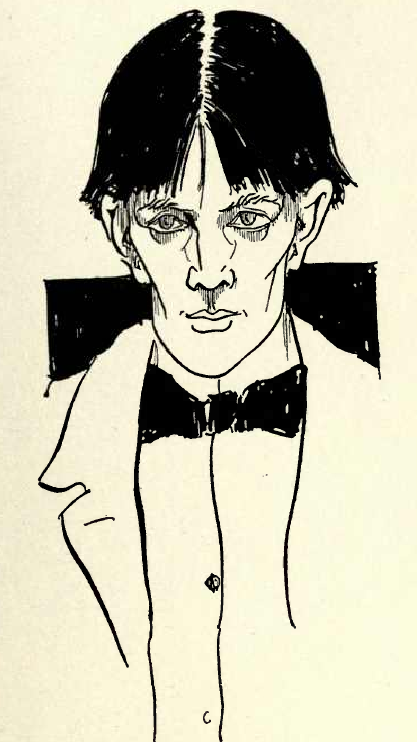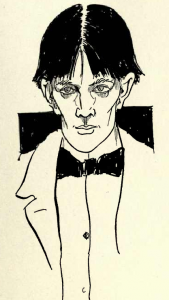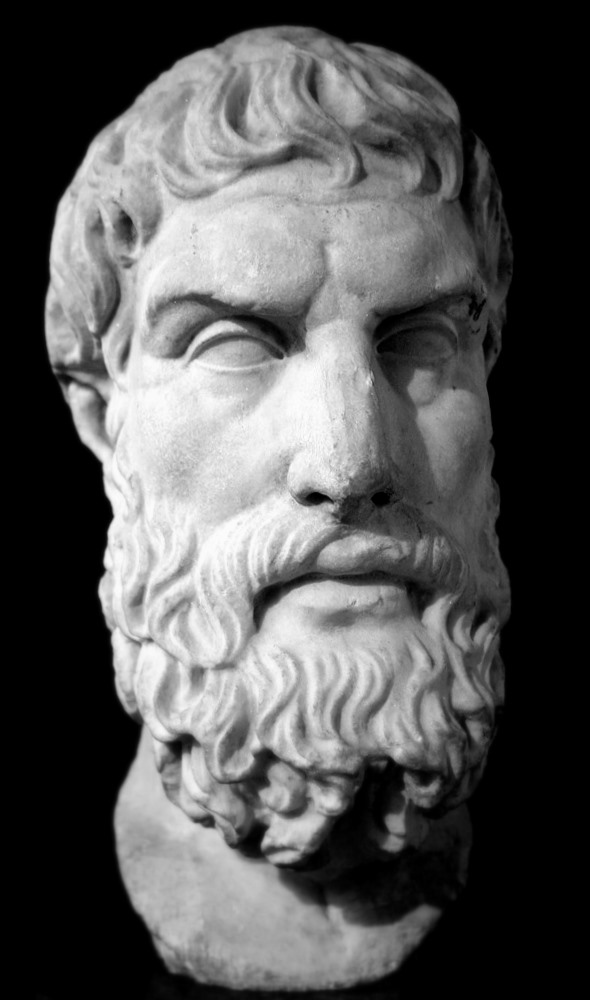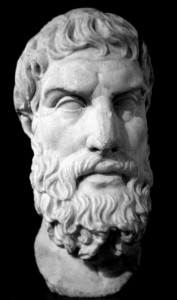 To Nancy Saunders Toy
To Nancy Saunders Toy
Hotel Danieli
Venice. January 24, 1940
My old friend Strong died yesterday at the “Blue Sisters'” nursing home in Florence. No member of his family and no friend was with him at the end, only his two servants, Aldo the chauffeur and Dino, the cameriere, besides doctors and nurses. He was well looked after, but only by professional persons: a very significant fate. He was strictly professional himself, although without professional duties. He regarded himself as a philosopher whose duty it was to philosophize and to discover truth along the lines laid down by his science. All else, his daughter, his country, his friends came in either as subordinate regrettable commitments, or as possible helps. I had come in for years as a possible help; then I became a possible field for propanganda, and finally a sad disappointment. The person with whom he got on best of late years was Cory, and it was Cory who was with him during the first part of his long last illness. At the time when war began to threaten, last Spring he fled from Fiesole to Switzerland, to Vevey on the Lake of Geneva. It was there that Cory joined him, and used to have luncheon with him every day, followed by a long philosophical discussion, for which Strong prepared the agenda, sometimes on paper. Then he fell ill, with persistent fever, which added to his partial paralysis, brought on bed-sores and other troubles of the sick-room and of extreme old age. He had to move to Valmont, above the Lake, a hospital where he had staid for long periods in former years. Then a change came over his sentiments; he reconciled himself, in his mind to Italy, decided to return to Fiesole, and (as he wrote to me) never to leave the country again. He found even the chicory we now have instead of coffee remarkably good. And in his joy at finding himself again in his own house he wrote in a few weeks a complete new exposition of his system of philosophy. But alas, he had a relapse, more bed-sores, more difficulties of every physical sort; until specialists had to be called, and an operation was declared urgent. I am not sure whether it took place or not: but in any case, he had to be removed to the nursing-home, where the end soon overtook him. Requiescat in pace….
The four destroyers and the two full-rigged training-ships, that you speak of as if they would be hideous reminders of war, now seen through a veil of snow-flakes look decidedly like painted ships upon a painted ocean. No scene could be more silent and peaceful. The war itself, seen from here, only through the newspapers (which here are of moderate size, without sensational features) looks unreal: most interesting and novel; a war that nobody wanted, and in which for the most part, nobody fights. It may be an effect of old age and of being in Italy instead of in England, but the atmosphere of daily anxiety and daily bereavement that we breathed in 1914-18 no longer surrounds us. It is rather like the plot of some intricate novel, where the issues and even the characters are not yet made out, and keep surprises in store for us. The appearance of Russia was one coup-de-théâtre, the appearance of Findland as a David slaying Goliath is another. Meantime, All Quiet in the West.
From The Letters of George Santayana: Book Six, 1937-1940. Cambridge, MA: The MIT Press, 2004.
Location of manuscript: The Houghton Library, Harvard University, Cambridge MA.








